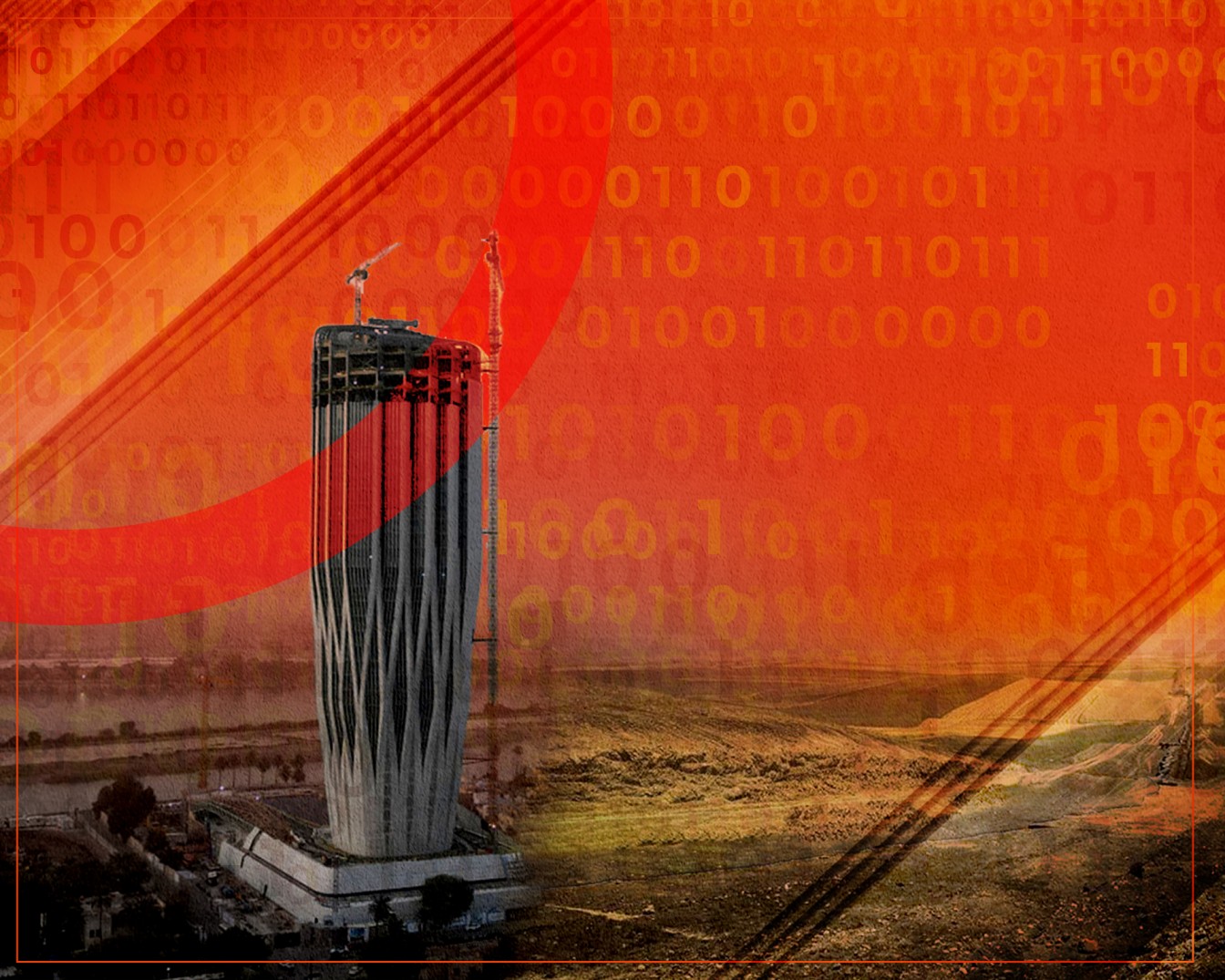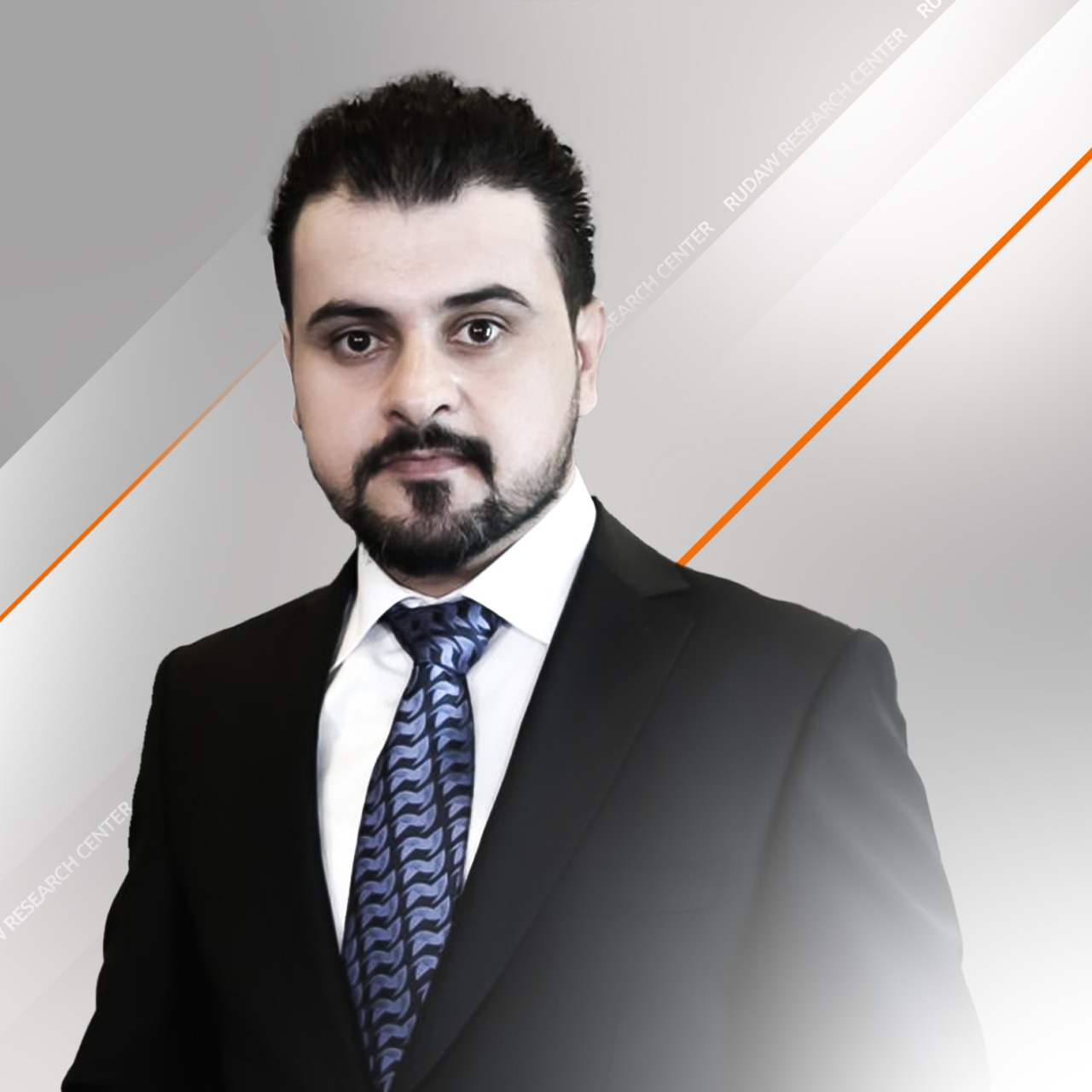Overview
There is daily talk in Iraq and the Kurdistan Region about projects costing millions of dollars, as foreign investors have shown their full readiness to invest in these projects. Still, in reality, these projects have nothing but names. Even projects that have already signed their contracts have not been yet constructed like the project of Faw Port, Total Energy Deal, building the headquarters of the Central Bank of Iraq, and also the Chinese project in the Kurdistan Region named “Happy City”.
It is likely that the capital of projects in Iraq has exceeded hundreds of billions of dollars, and in the Kurdistan Region tens of billions of dollars; however these projects did not go beyond the stage of agreements and contracts and were not seen concretely. According to the annual World investment report of (UNCTAD) 2023, the foreign investments in Iraq were negative from 2013, it also been decreased in the Kurdistan Region.
The decline in foreign and external investments in Iraq and the Kurdistan Region means a decrease in the workforce, the entry of foreign currencies, the exit of local investors’ money, and the failure to implement strategic and long-term projects for the future. By presenting data on foreign investments in Iraq and the direction of investment in the Kurdistan Region, we are looking closely at non-completion of investment projects.
The Negative Numbers: Foreign Investments and Major Projects in Iraq
Tens of trillions allocated annually to investment in Iraq, the most prominent of which is the three-year budget, Iraq was supposed to spend 38.2 trillion dinars in various investment sectors, But according to the Ministry of Finance's year-end report, only 24.1 trillion dinars were spent on investment, 12 trillion of which was in the last month of the year.
In addition, the trend towards investment abroad and the decline in the percentage of foreign investments inside the country in the past ten years made the aspects of foreign investment negative.
According to the United Nations report for the year 2013 until 2022, the numbers were between below 0 and more than 2 trillion dinars. This means that the money that went out as investment capital exceeded the money that entered as investment capital in Iraq, which exceeded 10 trillion dinars, as shown in chart 1.
Chart (1): Foreign investments in Iraq 2006-2022
Source: United Nations Foreign Direct Investment FDI (UNCTAD) on 18-06-2024.
Many major projects and new joint venture agreements have been signed throughout Iraq, but none of them have been implemented. These deals are signed three times a year or financed from the general budget, the most prominent of these is Baghdad, which was mentioned in 2007, 2013 and 2020 in the Baghdad Development Project budget. In the 2022 budget, $2 billion has allocated, and in the 2023 Baghdad Development Budget, 913 billion dinars allocated again. This year, the project design has published.
Another intriguing story about the major projects is the new Headquarters of the Central Bank of Iraq, which stands out as the most prominent project reflecting Iraq's financial identity and funding source. The design finalized in 2012, but construction only commenced in 2018 following the designer's passing. Originally set for completion in 2023, the project is still in progress, with significant modifications made to the initial design during implementation.
In 2019, Daewoo Engineering and Construction Company won the Faw Port project to construct one of the largest ports in the country. The project was supposed to be finished within four years. However, after four years, the Iraqi Minister of Transport announced that 60% of the project completed, and now they are discussing how to finish the remaining part.
A year and two months ago, on April 5, 2023, two years later, the French company Total Energies announced that it had concluded an agreement to invest $10 billion in building and developing energy infrastructure in Iraq. The September 6, 2021 agreement between Total Energies and the Iraqi government stipulated a capital of $27 billion. Under the new deal, Total Energies will hold a 45% stake, Qatar Energy a 25% stake, and Basra Oil Company a 30% stake in the investment. This initiative aims to eliminate associated gas flaring at three Iraqi oil fields, establish a 1GW solar power plant in Basra, and introduce a project to utilize seawater instead of fresh water for oil production in Iraq. It's quite surprising that in April of this year, an agreement was signed for the third time between Total Energy and the Ministry of Electricity to construct one gigawatt of solar electricity, yet the implementation hasn't commenced yet!
Half of Foreign Investments in Kurdistan Region Yet to Be Implemented
Since 2006, the Kurdistan Region has attracted investments totaling $69.2 billion across 1,225 projects in 13 different sectors. The breakdown of projects during this time shows that 1,151 projects with a capital of $57.9 billion are planned locally if fully implemented, only 46 projects were allocated for foreign investors with a capital of $10 billion, and twenty-eight projects were authorized for joint projects between local and foreign investors with a capital of $1.3 billion. It's quite remarkable to see the substantial foreign investment in the Kurdistan Region, making up 14.5% of the total investment capital. Surprisingly, half of this investment, including the Chinese Happy City project, has yet to begin construction. Initial reports suggested that the project would be completed by the end of the following year.
The Happy City project and the influx of foreign investment and foreign currency into the Kurdistan Region marked a significant milestone. As per the Investment Board, China emerged as the leading country to invest $4.9 billion in the Kurdistan Region,
indeed, the inception of the Happy City project traces back to September 2020 when a Chinese investor proposed the project valued at $4.9 billion to the Erbil Investment Commission. Just a month later, the Chinese consulate unveiled the specifics of the project, despite the foundation stone not being laid yet “The Beijing Investment Company in China has presented a project called Happy City, which is a cultural tourism resort in Erbil, the capital of the Kurdistan Region,” said. The planned area of the project is 5 million square meters, with $5 billion allocated to it. The project aims to accommodate 15 million tourists annually and accommodate more than 80,000 people.
Happy City is anticipated to generate 8,000,000 direct job openings and numerous indirect employment prospects, aiming to transform Erbil into a prominent tourism hub in Iraq and potentially a standout in the Middle East. The project encompasses 1001 amusement parks, an aqua park, a flat hotel, a commercial street, villas, and spacious apartments complete with a sports center, service facilities, and amenities like supermarkets, schools, hospitals, and more.
Then, on June 8, 2021, the owner of the Happy City project stated, "The project will commence as soon as possible," but a month later, on July 10, 2021, the Investment Authority mentioned, "The foundation stone for the project will be laid soon, and the project still involves some compensation for farmers and residents." In the meantime, Ni Ruchi, the former Chinese consul in the Kurdistan Region, declared on September 30, 2021, that "the Happy City project, the largest tourism project in the Middle East, will be launched soon," but after 3 years, there's still no progress in reality.
Chart (2): Local, foreign and common investments of Kurdistan 2006-2024

Source: Investment Authority, General Directorate of Research and Information, Information Directorate, Status of Projects from 8/1/2006 to 5/2/2024
Conclusion
It's quite interesting to hear about the major projects in Iraq that were initiated but never completed. The railway line between Iraq and Iran is a notable example. Initially thought to be straightforward, with plans to finish it in just 18 months, it's surprising that halfway through that timeline, a final agreement for the project is still pending. It highlights the complexities and challenges involved in such large-scale endeavors.
Erdogan's recent visits to Baghdad and Erbil have centered on discussing an agreement to link the East and West through Iraq and Turkey, known as the 1,190-kilometer Development Road Project. In contrast, the Basra-Shalamcheh (Ahvaz) railway line, spanning only 30 kilometers, faces fewer challenges despite various local and foreign interests. The Development Road Project, on the other hand, involves the intricate coordination of hundreds of local and foreign interests, making progress slower due to the complexity of signing agreements and aligning different stakeholders.
In Iraq and the Kurdistan Region, the decrease in foreign investment is connected to significant security issues, instability, the presence of external armed forces, weak banking systems, and ineffective executive institutions. However, it's essential to acknowledge that foreign investment has been decreasing globally over the last decade. Global Foreign Direct Investment (FDI) dropped from $2 trillion in 2015 to $1.2 trillion in 2022.







